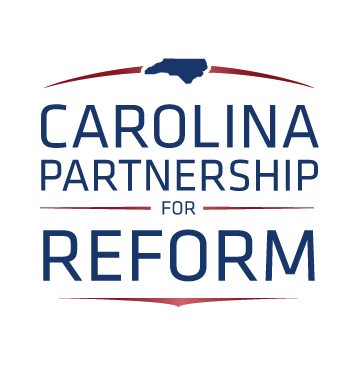Do Editorial Writers Understand Basic Civics?
If the U.S. Supreme Court agrees that state legislatures, not state courts, have primacy in deciding election rules, the Winston-Salem Journal and Greenville Daily Reflector write, it would “end democracy as we know it.”
Do they understand basic civics? First, regardless of how the Supreme Court rules in the case, Congress will still have the final say on federal election rules, not state legislatures. But the editorial writers don’t seem to understand that. They wrongly claim the legislature will have “unchallenged power.” That’s just not true.
The editorial makes a passing nod to the truth, dedicating one-half of one sentence to referencing a proposed bill in Congress to regulate federal elections, which they dismiss as “extreme.” Yes! Keep going, you’re almost there! The bill is extreme, but if properly negotiated – the actual process of democracy – then it wouldn’t be extreme anymore and it would pass. In that way, Congress would exercise its proper authority in setting rules for federal elections, which state legislatures are bound to follow. It’s a power Congress has wielded for more than 200 years and about which editorial writers seem egregiously unaware. The U.S. Constitution plainly states (though editorial writers for some reason don’t tell their readers about it), “The Times, Places and Manner of holding Elections for Senators and Representatives, shall be prescribed in each State by the Legislature thereof; but the Congress may at any time by Law make or alter such Regulations.”
Similar catastrophizing on this case and others is taking place in Democratic political and media circles all over the country. That treasure of a UNC law professor, Gene Nichol, huffed in the Charlotte Observer last month that “hideously ideological, unelected hacks have moved to inflict their politics and their religion on a non-consenting nation” in overturning Roe v. Wade.
Yes, Gene, they are unelected – and their decision transferred the obligation to decide the laws that will govern us to the elected branches of government (the ones to which we “consent” to be governed). Congress and state legislatures can pass laws tomorrow on abortion if they so choose. Nichol does mention Congressional action – he’s so close! – but he advocates a bill to “postpone the next term of the Supreme Court.”
So one editorial argues the judiciary should have more power, and the other editorial argues the judiciary should be suspended. Both, somehow, blame the same people. Good grief!
Implied in all of these world-is-ending opinion pieces is the reality that it’s hard for Congress, or for any legislature, to enact the policies that editorial writers want. But that’s the point. Policymaking requires negotiation and compromise. It takes a very long time – years, sometimes. Foot-stomping about this reality, and arguing it somehow means the “end of democracy as we know it,” is foolish, childish, and betrays a basic understanding of how government in a pluralistic society is supposed to work.
